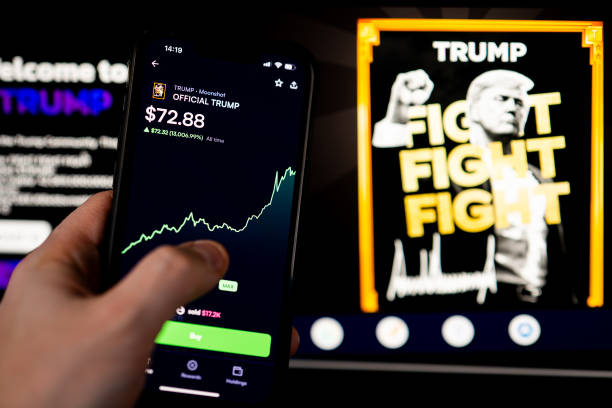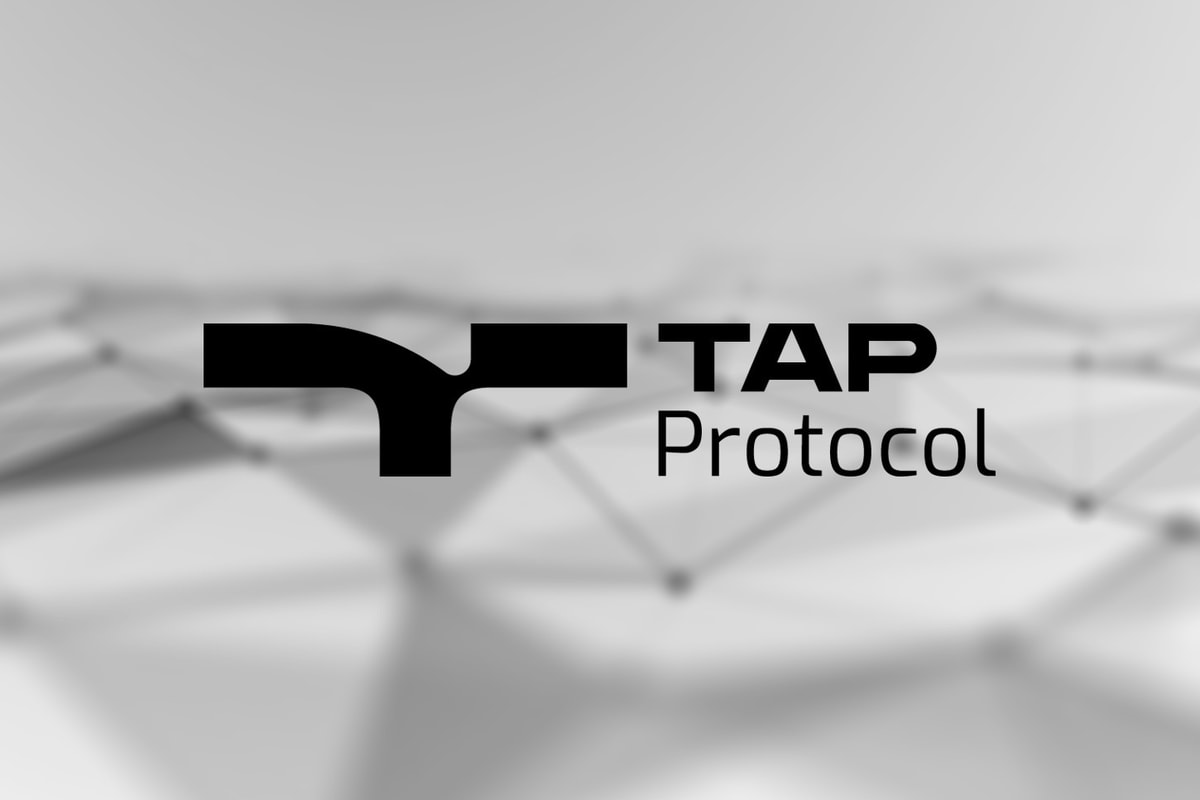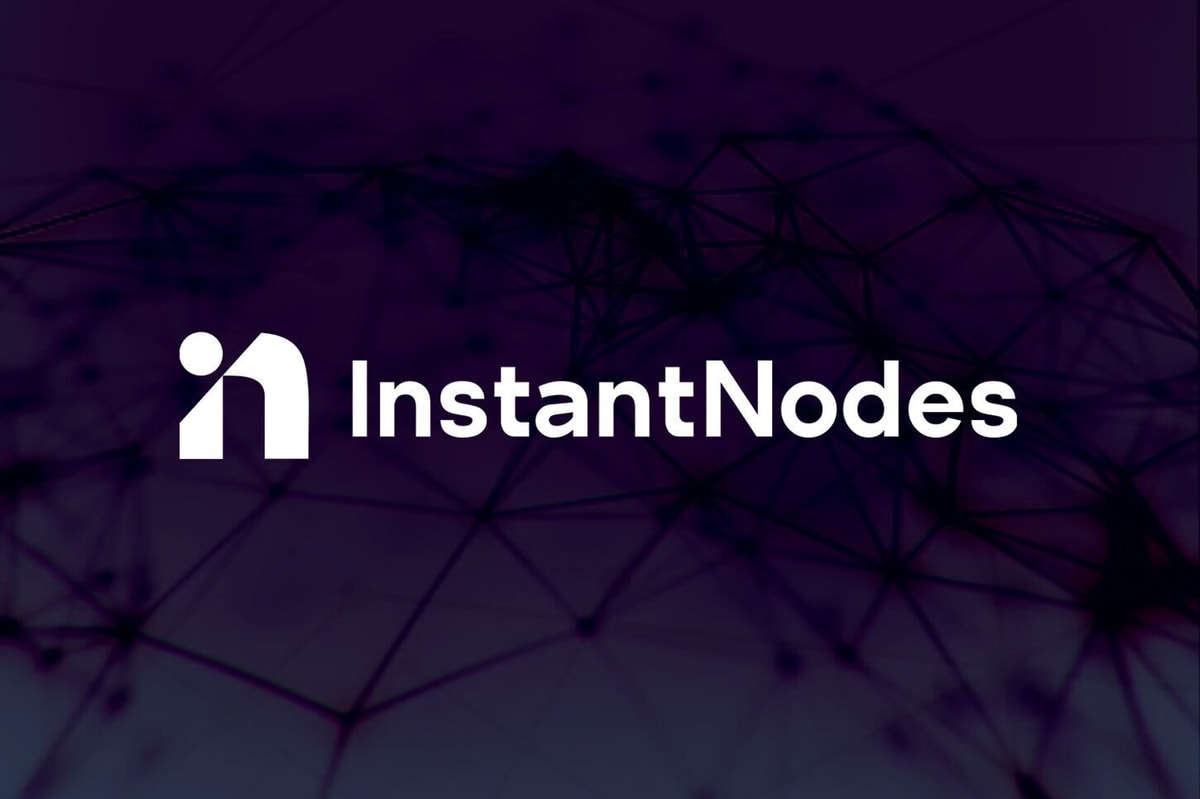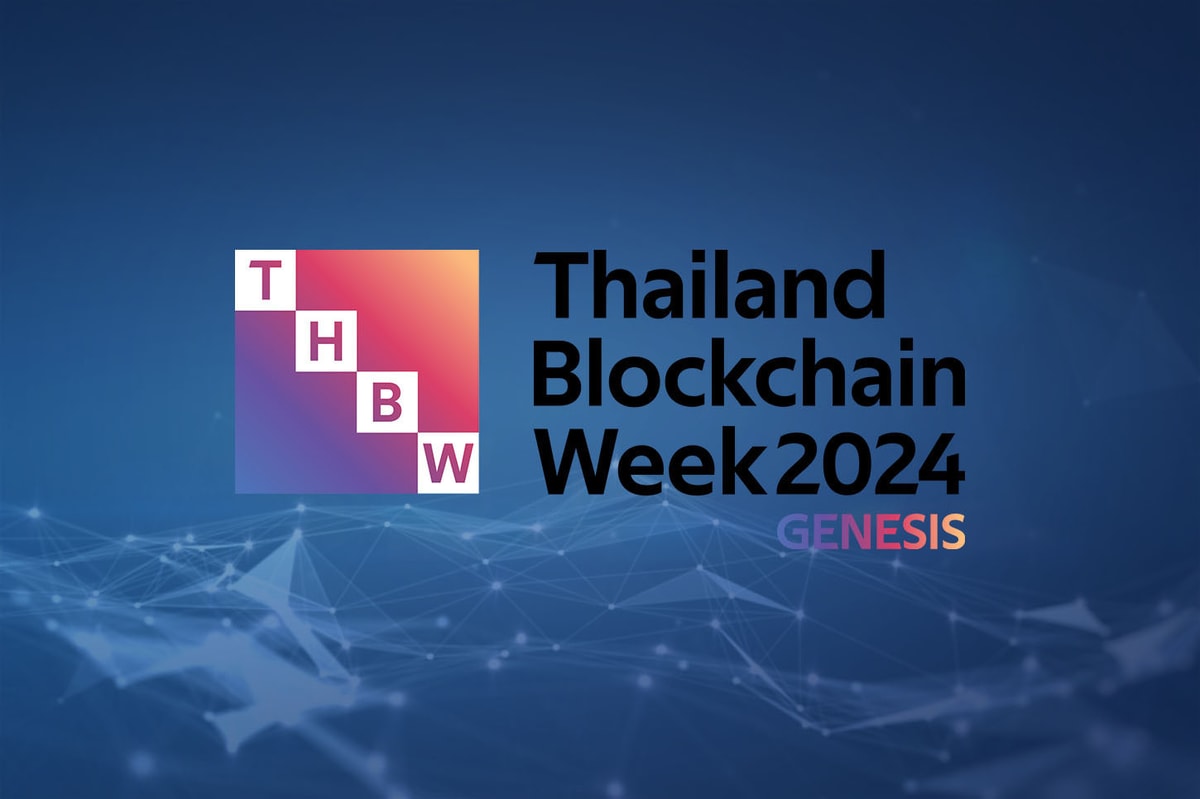
Geneva Switzerland, June 28, 2024 – TRON DAO welcomes a victory by its founder Justin Sun in the People’s Court of China over a defamation suit filed against the Chongqing Business Media Group (“the Media”). Per court order, the Media has removed all of its false contents and issued a formal statement of apology to Sun, who has been a target of media misrepresentations.
The Media acknowledged in the statement that it had published false and defaming contents without fact-check or evidence, severely damaging Sun's reputation. The Chongqing Yubei District Court ruled in the first instance that the Media broke the law and defamed Sun by publishing entirely unverified media contents, including an article and a video. The court ordered the defendant to retract all false contents and issue a public apology to Sun in a national newspaper. Neither party appealed the decision within the stipulated time frame, making the ruling final judgment.
The court reviewed extensive evidence and documentation from both sides before arriving at the verdict. The verdict sends a strong signal to all media outlets: citing unverified sources and spreading unsubstantiated information is likely breaking the law and tarnishing their own reputations.
The buried truth in a storm of media hysteria
The case dates back to March 11, 2022 when the Media published an article on its news platform eastmoney.com. The article stated that Sun "was involved in insider trading," "fled abroad to evade the ICO ban," "engaged in fraud and money laundering," and "was under investigations by the IRS and the FBI," among other claims. The baseless article quickly went viral, getting picked up by many other media outlets, and severely damaging the reputations of both Sun and the TRON ecosystem.
These reports cited an opinion piece about Sun published by The Verge in March 2022. That piece included a series of “interviews” with anonymous sources who all described Sun's alleged wrong-doings. The author dropped a disclaimer at the end acknowledging that he could not obtain any comments from any relevant authorities to substantiate any claims in the article. In essence, the opinion piece presented unverified stories and acknowledged them as hearsay.
Similar media followed suit with buzzwords like "money laundering," "insider trading,” "investigations," etc. In their rush to maximize exposure and clicks, these media outlets quickly amplified the article in order to make it go viral. Amid this frenzy, any disclaimers on lack of evidence or unsubstantiated claims were conspicuously and conveniently ignored by the media, either intentionally or inadvertently.
Defendant guilty after lengthy two-year legal battle
During the trial, the People's Court of China reviewed the original The Verge article, the Media’s recreated contents, and the interpretations made by all other domestic media during reproduction. The court concluded that The Verge's article lacked concrete evidence entirely and the Media's report was devoid of any factual basis.
The court underscored that the original article’s authenticity was only confirmed by the author, and it was acknowledged in the article that none of the aforementioned authorities had validated any information presented. In the final verdict, the People’s Court of China ruled that all claims of Sun's alleged involvement in insider trading, fraud, money laundering, or any other claimed investigations and other alleged wrong-doings, are entirely unsubstantiated.
This lengthy due process has brought the truth to light by using facts and legal measures to debunk misinformation and disinformation. This final judgment presented a legal precedent for the broader blockchain community on how unfounded rumors should be handled and dispelled.
Significance of the court ruling: The Internet is not a legal vacuum, and the doers are safeguarded by law
The final ruling of the case upholds the rights of individuals who are committed to their causes but fall victim to fabricated news coverage with ulterior motives. This ruling has raised the public's legal awareness, encouraging victims of untrue news reports to assert their own interests through legal avenues.
On the other hand, this incident also alerts all content disseminators against deceptive and unreliable media sources, especially those tainted with a history of fake and biased contents. This practice runs completely against the professionalism, objectivity, and neutrality that the modern media strive to uphold.
Early in 1988, the "Reply of the Supreme People's Court to the Defendant Status of Newspaper Publishers and the Application of Jurisdiction in Cases of Infringement of the Right to Reputation" already made it clear that news agencies have verification obligations for the news reports they publish, and both the author and the news agency shall be held legally accountable for a publication's infringement of other individuals' right to reputation, in which case they may be made the co-defendants.
This legal document, among many others, indicates that infringement resulting from the edition and publication of unverified information and articles will incur legal liabilities. If the infringed party is willing to arm themselves with the law and provide concrete evidence in court, it's highly likely that the involved media will lose the case.
This win is a moment of reckoning for the long-standing rumors floating around the internet. It is also a victory of the rule of law. The ruling discouraged the spread of misinformation and disinformation. While pursuing newsworthy content is the common goal, journalism must adhere to professional ethics by ensuring facts are authentic and accurate.
About TRON DAO
TRON DAO is a community-governed DAO dedicated to accelerating the decentralization of the internet via blockchain technology and dApps.
Founded in September 2017 by H.E. Justin Sun, the TRON network has continued to deliver impressive achievements since MainNet launch in May 2018. July 2018 also marked the ecosystem integration of BitTorrent, a pioneer in decentralized Web3 services boasting over 100 million monthly active users. The TRON network has gained incredible traction in recent years. As of June 2024, it has over 239.72 million total user accounts on the blockchain, more than 7.91 billion total transactions, and over $20.60 billion in total value locked (TVL), as reported on TRONSCAN.
In addition, TRON hosts the largest circulating supply of USD Tether (USDT) stablecoin across the globe, overtaking USDT on Ethereum since April 2021. The TRON network completed full decentralization in December 2021 and is now a community-governed DAO. Most recently in October 2022, TRON was designated as the national blockchain for the Commonwealth of Dominica, which marks the first time a major public blockchain partnered with a sovereign nation to develop its national blockchain infrastructure.
TRONNetwork | TRONDAO | Twitter | YouTube | Telegram | Discord | Reddit | GitHub | Medium | Forum
Media Contact
Hayward Wong











